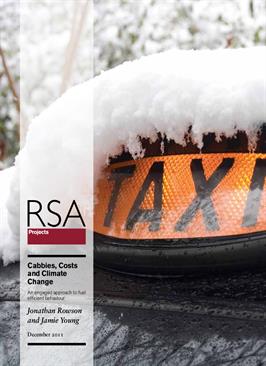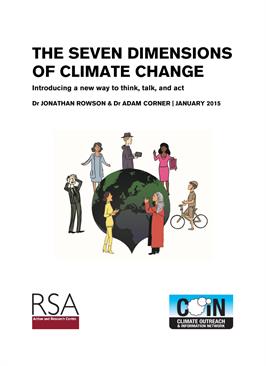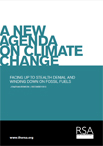This project features a rare study of taxi drivers in their working habitats, and presents wider lessons about the challenges of efficient fuel use in the context of rising energy prices and climate change. However you conceive the climate problem, efficiency is an important part of the solution.
Petrol prices have risen by 32 percent since 2009. While debates about how to deal with rising energy costs through fiscal levers and regulation will continue, this report highlights the role behaviour change can play in reducing costs.
To better understand this kind of engaged approach to behaviour change, the RSA sought to help taxi drivers turn helpful information about fuel efficient behaviour into enduring dispositions. This exploratory study is part of RSA's more ambitious attempt to understand how to make positive behaviour habitual, performed without conscious thought, and contagious, through which positive behaviour spreads through social diffusion between individuals and groups.
Shell's fuel save tips comprise a range of pieces of advice, from choice of oil, driving speed, car weight, personal comfort and journey planning. We chose to focus on the challenges of implementing these tips with Hackney Carriage drivers due to their professional interest in reducing the costs of driving, their driving expertise, and because of their potential capacity to influence a large number of passengers from a range of backgrounds.
The attempts to begin to make fuel efficient behaviour habitual and contagious included:
-
An incentive to participate and win in a national competition
-
Continual comparative online feedback
-
Specialist advice on fuel efficient driving in real time contexts
-
Informed reinforcement of driving and car maintenance advice
The recommendations arising from the project as a whole are outlined in detail in the final report. They include making habitual behaviour (rather than just behaviour) the focus of interventions, making fuel efficiency a pass/fail criterion on the driving test, changing driving habitats to encourage fuel efficiency, incentivising taxi drivers to become ambassadors for fuel efficiency, providing more salient feedback, and making taxis greener.
pdf 1.8 MB
Contributors


Related reports
-
The Seven Dimensions of Climate Change: Introducing a new way to think, talk, and act
Our report suggests that climate change is not about 'the environment', it's a problem with seven main dimensions: Science, Behaviour, Technology, Culture, Law, Economy and Democracy.
-
A New Agenda on Climate Change
Acting on climate change is a moral imperative, but effective action depends on a fuller grasp of the complexity of the problem.



Be the first to write a comment
Comments
Please login to post a comment or reply
Don't have an account? Click here to register.